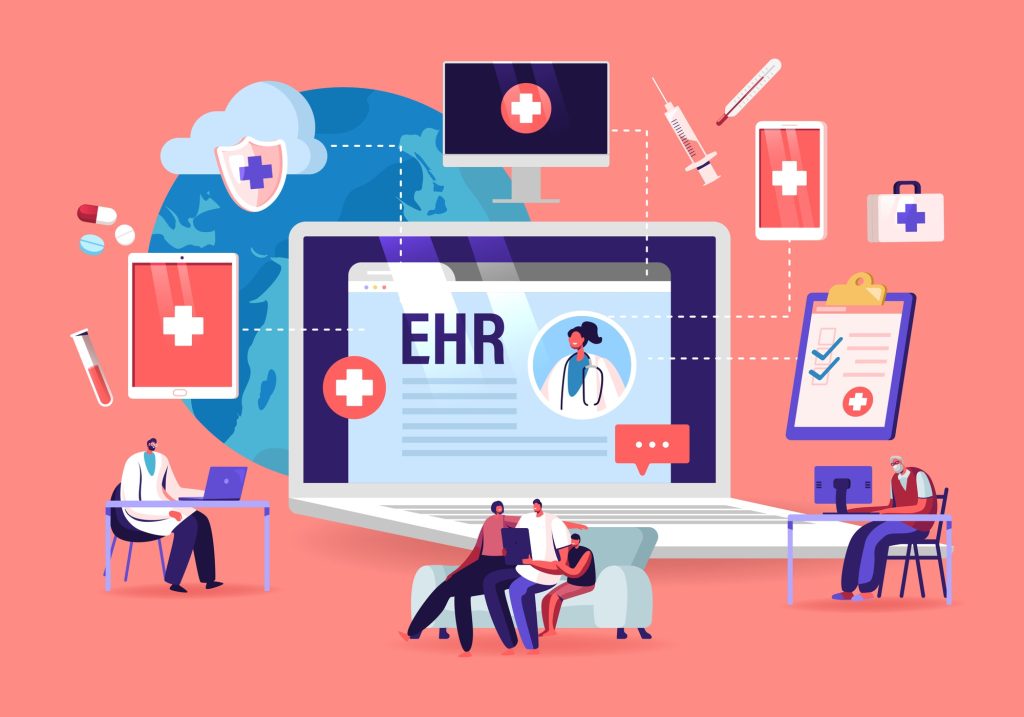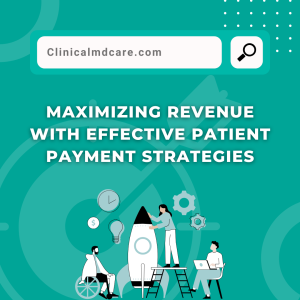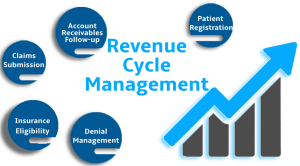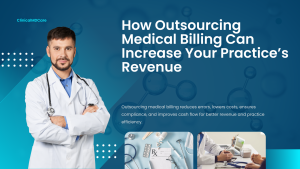Billing departments used to deal with mountains of paperwork and repetitive data entry every day. This led to common billing errors, claim rejections and staff burnout. With EHR and billing system integration, data entry is automated. This reduces administrative workload and increases claim accuracy.
Staff can focus on patient care not paperwork and double checking forms. Integrated systems bring everything to one place. By reducing manual tasks they minimize human error. This simplifies operations and helps clinics maintain higher productivity across all departments.
Claim Accuracy and Approval Rates
A common reason for denied claims is incorrect or incomplete information on the billing form. Integrated billing and EHR pulls accurate information from patient records. The auto-fill process ensures all claim data matches medical records. This reduces costly mistakes and claim rejections from insurers.
Billing departments no longer have to manually verify patient records for every invoice. This saves time and ensures consistency. By submitting clean claims clinics get paid quicker. Ultimately this means better cash flow and better financial management for healthcare practices.
Compliance and Data Security
Healthcare billing must comply with industry regulations like HIPAA. Manual systems lack consistent safeguards against compliance breaches. EHR billing software has automated checks and audit trails. Every transaction follows legal and security standards.
Integrated systems protect patient data with encrypted access and permission settings. Only authorized users can view or edit billing data. This reduces the risk of breaches or data misuse. Clinics with integrated systems can operate with confidence and be audit ready at all times.
Revenue Cycle Transparency
One of the benefits of EHR integration is real time visibility into the billing process. With a dashboard view staff can see each claim in progress. This transparency helps with denials, pending payments and billing strategies. It makes the revenue cycle process smoother and more predictable.
Practice managers can identify bottlenecks and resolve issues faster with data driven insights. EHR dashboards also show trends in denials or delays. With these tools teams can improve cash flow and performance. Accurate forecasting is easier and helps with financial planning and decision making.
Clinical to Billing Communication
Disconnected systems create gaps between medical and billing departments. Practice management and EHR integration keeps both teams in sync. Everyone is looking at the same data, reducing misunderstandings and back and forth delays.
Clinical staff can document care instantly and billing staff can process it without waiting. This real time access improves workflow between departments. Faster coordination reduces claim resubmissions and billing disputes. It also means more team collaboration and less administrative errors.
Scalability and Future Proof
As healthcare practices grow they need billing systems that can handle more data. Manual systems become inefficient over time. Integrated systems scale easily and don’t slow down with growth. That’s why cloud based EHR billing software is perfect for growing clinics.
Whether you have 100 or 1,000 patients the system stays fast and efficient. EHR integration means you can grow without having to upgrade your infrastructure constantly. That’s future proofing for your clinic. It’s a smart move for long term success in healthcare management.
Better Patient Experience and Satisfaction
Billing errors annoy patients and erode trust with providers. EHR integration makes billing clear and accurate. Patients get timely, detailed statements with no surprises. Transparency builds trust in the practice and its processes.
Less billing and fewer follow-ups means patients spend less time in financial limbo. Integrated systems also answer billing questions faster. That’s better service and patient satisfaction. In competitive markets that’s happy and loyal patients.
Conclusion: A Smarter Billing Future with EHR Integration
EHR and medical billing integration is no longer optional for today’s providers. It’s more accurate, cheaper and more efficient for staff. Automated workflows mean fewer errors and faster payments. Practices with integrated systems are competitive and profitable.
From compliance to patient trust, the benefits are many and big. Medical billing with EHR is the way forward. Clinics that adopt these systems will future proof their business. It’s time to invest in smarter, safer billing.












